For centuries, people have relied on chicken soup and fresh juices to fight cough and congestion. As a pharmacist, I see how these traditional remedies align with modern pharmacology. Warm soups and vitamin-rich juices act as natural expectorants and immune boosters supporting the body in the same way mild over-the-counter medicines do.
WINTER RESPIRATORY PROBLEMS AND NATURAL REMEDIES
With winter, respiratory infections such as flu, cough, and chest congestion become common. Clinically, these symptoms result from thickened mucus and inflamed airways.
Medications like guaifenesin (a common expectorant) work by thinning mucus, making it easier to expel. Interestingly, warm fluids such as chicken soup, lemon water, and fruit juices act on the same principle. By increasing hydration and reducing mucus viscosity, they make coughing more productive and relieve chest tightness.
In addition, honey, steam inhalation, and herbal teas provide soothing relief. Together, these remedies create a supportive environment for natural recovery.
BROTH VS. SOUP A TECHNICAL NOTE
Patients often ask me the difference. Technically:
• Broth is made by simmering bones, releasing minerals like calcium and gelatin.
• Soup includes meat, vegetables, and spices for added nutrition.
Both have therapeutic value and can be used interchangeably in practice.
PHARMACIST APPROVED CHICKEN SOUP RECIPE
Ingredients:
• Water (3–4 servings)
• Chicken/mutton with bones (for protein, zinc, calcium, gelatin)
• Garlic cloves (antimicrobial)
• Fresh ginger (antiviral, anti-inflammatory)
• Turmeric (curcumin for inflammation control)
• Spices: black pepper, cloves, cinnamon, cumin (antioxidants & antimicrobial)
• Onion or spring onion
• Carrot and tomato
• Salt to taste
Method:
1. Add chicken with bones to a pot of water.
2. Mix in garlic, ginger, and turmeric.
3. Add spices, onion, carrot, and tomato.
4. Simmer gently for 2–3 hours.
5. Serve warm; ideally daily or at least 3–4 times a week.
As a pharmacist, I recommend long simmering — this extracts maximum nutrients and minerals, similar to how prolonged decoction in herbal medicine increases potency.
INGREDIENTS AND THEIR MEDICINAL VALUE
• Chicken: Provides protein and zinc for immune repair; simmering bones adds calcium and gelatin for tissue healing.
• Ginger: Works as a natural expectorant, similar to antihistamines, reducing airway inflammation.
• Garlic: Contains allicin, an unstable sulfur compound with antiviral activity against common cold viruses.
• Onion: Rich in sulfur compounds and quercetin, which have mild antiviral and anti-inflammatory effects.
• Carrot: Beta-carotene (vitamin A) supports mucosal immunity and eye health.
• Tomato: Folate and magnesium strengthen immune response.
• Cumin: Antimicrobial and appetite-stimulating helpful when illness reduces appetite.
• Black Pepper: Enhances nutrient absorption (like how piperine increases bioavailability of curcumin).
• Cloves & Cinnamon: Potent antioxidants with antiseptic, antiviral properties.
• Turmeric: Curcumin is well-documented for anti-inflammatory effects, comparable to mild NSAIDs.
WHY CHICKEN SOUP WORKS AS A NATURAL EXPECTORANT
• From a pharmacological view, chicken soup acts like a mild, natural mucolytic:
• Warm liquid reduces mucus viscosity.
• Spices have bronchodilatory and antimicrobial actions.
• Proteins and minerals support tissue healing.
Thus, it not only comforts but also plays a therapeutic role during respiratory infections.
APPLE AND CITRUS JUICES IN WINTER IMMUNITY
Apple juice: Hydrates mucus, making it easier to clear. Its iron content helps prevent anemia, which otherwise causes fatigue during illness.
Citrus juices (orange, lemon, grapefruit): Rich in vitamin C, they enhance immunity and also increase iron absorption from foods like apples a concept well-established in clinical nutrition.
Together, they act as a functional combination: hydration + vitamin C + iron = stronger immune defense.
CONCLUSION – A PHARMACIST’S TAKE
Chicken soup, apple juice, and citrus juices are not just comfort foods they act as natural expectorants and immune boosters. Their mechanism mirrors the action of mild expectorant medicines, but with added nutritional benefits.
This winter, instead of reaching first for a bottle of cough syrup, try supporting your body with a bowl of chicken soup and a glass of fresh juice. If symptoms persist or worsen, then it’s time to consult your healthcare provider.
FAQ – CHICKEN SOUP & NATURAL EXPECTORANTS
Q1: Is chicken soup really an expectorant?
Yes. Pharmacologically, it reduces mucus viscosity, easing clearance.
Q2: Can apple juice help with cough?
Yes. Its hydration effect works like natural expectorants.
Q3: Why is orange juice good in winter?
Vitamin C boosts immunity and improves iron absorption.
Q4: How often should I take chicken soup in winter?
Daily or at least 3–4 times per week for immune support.
DISCLAIMER:
This article is for informational purposes only and not a substitute for professional medical advice. Please consult a qualified healthcare provider for personalized care.
CALL TO ACTION
Try the pharmacist-approved recipe tonight, share it with family, and forward this to a friend who struggles with winter coughs. Sometimes, the best medicine really does come from your kitchen.
Read more: https://pharmahealths.com/recurrent-skin-infections-diabetes-link/
REFERENCES
1. Rennard BO, Ertl RF, Gossman GL, Robbins RA. Chicken soup inhibits neutrophil chemotaxis in vitro. Chest. 2000;118(4):1150-1157.
2. Hemilä H. Vitamin C and Infections. Nutrients. 2017;9(4):339.
3. Lissiman E, Bhasale AL, Cohen M. Garlic for the common cold. Cochrane Database Syst Rev. 2014;11:CD006206.
4. Calder PC. Nutrition, immunity and COVID-19. BMJ Nutrition, Prevention & Health. 2020;3(1):74–92.
5. World Health Organization (WHO). Nutrition advice for adults during the COVID-19 outbreak. 2020.
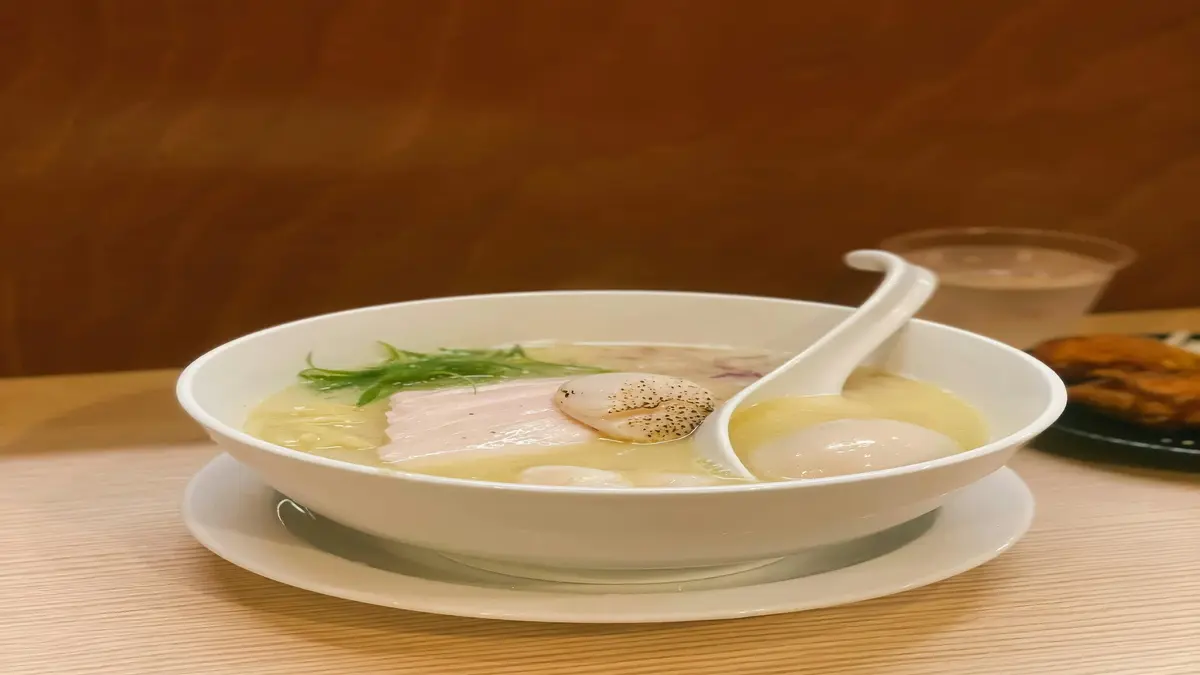
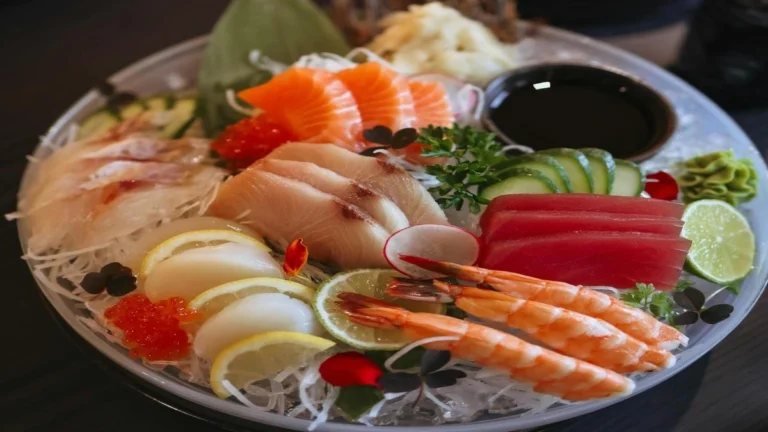
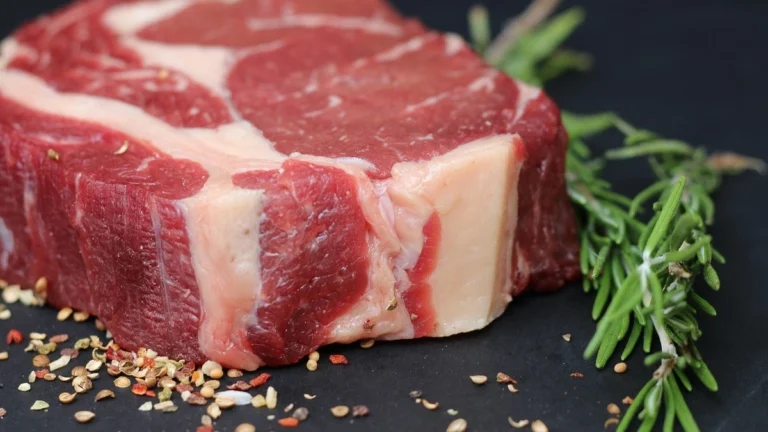
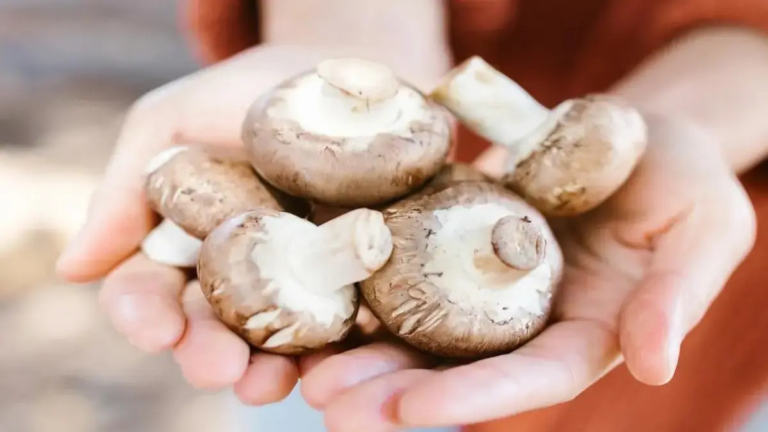

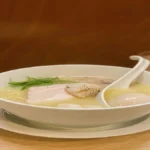

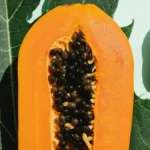
Excellent 👍
Great👍
Good job👍
This article helps me to fight with flue
Fight with flue through this article